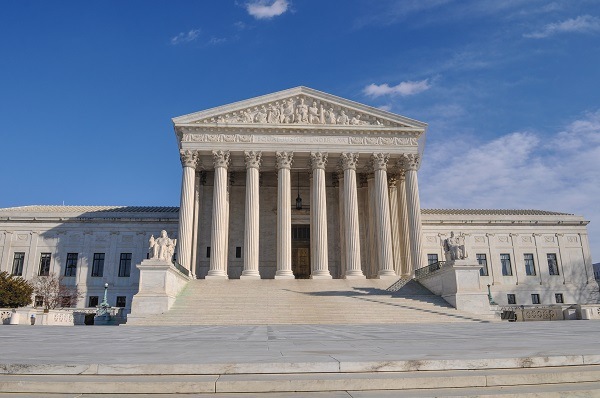On July 18, 2018, the Ninth Circuit issued its opinion in Rodriguez v. Taco Bell Corp., affirming the district court’s grant of summary judgment in favor of Taco Bell. The class action alleged, among other things, meal break violations in Taco Bell’s discounted meal policy.
Like many other food service employers, Taco Bell offered to its employees the option of purchasing meals at a steeply discounted rate per shift as long as the employee consumed the meal on site. The purpose for the requirement of staying on site was to ensure that employees were not purchasing food at the discounted rate for their friends and family. The purchase of the meals was on a voluntary basis and employees were not required to purchase Taco Bell products.
In her complaint, Plaintiff argued that the policy was defective because it deprived class members of proper meal breaks with its requirements that employees must stay on site. The crux of Plaintiff’s theory was that Taco Bell’s meal policy subjected employees to sufficient employer control, which rendered the time employees spent consuming the meals as time worked under California law.
The Ninth Court flatly rejected this argument, reasoning that the choice to purchase meals at a discounted rate was with the employee. The employee had the option to not purchase an employee meal and spend their break time off site however they pleased. The Court additionally noted that, “the discounted meal policy was intended as a benefit to the employees, and one that the employer could discontinue if it were to result in a requirement to compensate employees who take advantage of it.”
This is a clear-cut victory for food service companies that offer discounted meals to their employees with conditions. The Ninth Circuit’s opinion affirms that employees who are relieved of all duties during meal periods do not violate California law merely by the imposition that discounted employee meals must be eaten on site.


